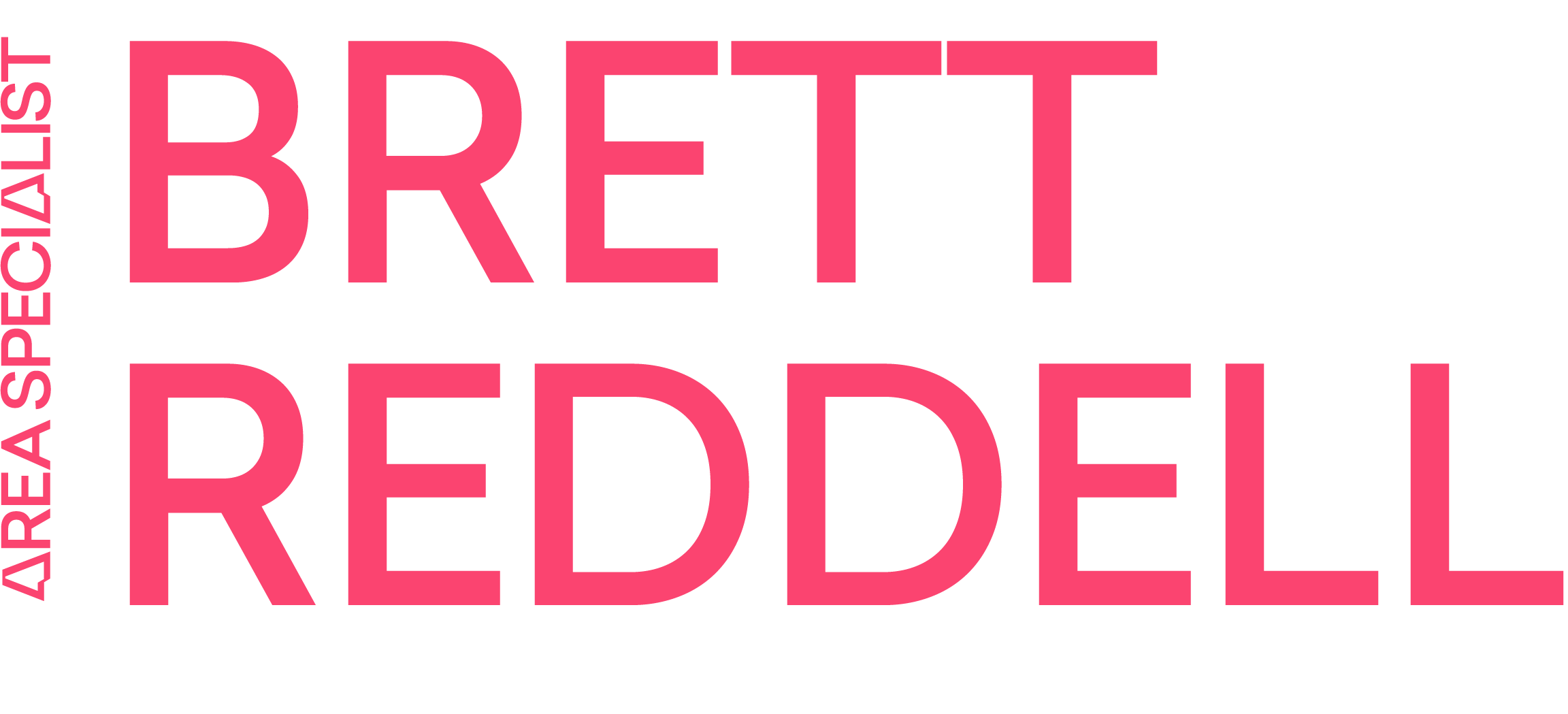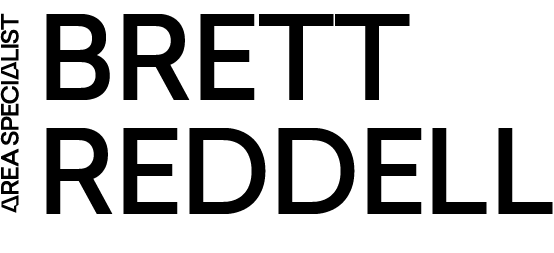1. Understand the additional costs
The real cost of buying a home isn't just the purchase price, often you need to account for additional costs that may be included with buying a property. There's nothing more devastating than setting your heart on a property and coming to a halt just before the finish line.
Here are some costs that you may need to factor into your budget when shopping for a new home:
Stamp duty - This varies depending on the state, the value of the property, your buying situation (eg if you're a first home buyer) and also government schemes.
Legal fees and conveyancing - Conveyancers or solicitors will handle the legal aspects and ensure all necessary paperwork is correctly completed and filed.
Lenders Mortgage Insurance (LMI) - This is determined by the purchase price of the property and your deposit amount. Usually lenders require at least a 20% deposit of the total property value to avoid paying LMI.
Mortgage Registration and Transfer Fees - These are state-imposed fees for registering your mortgage and transferring the property's title.
Miscellaneous costs - Building inspections, pest inspections, moving costs, home and contents insurance, and any other costs should also be considered.





